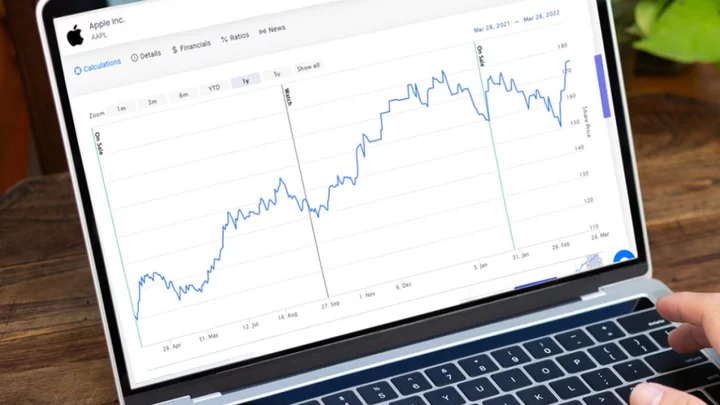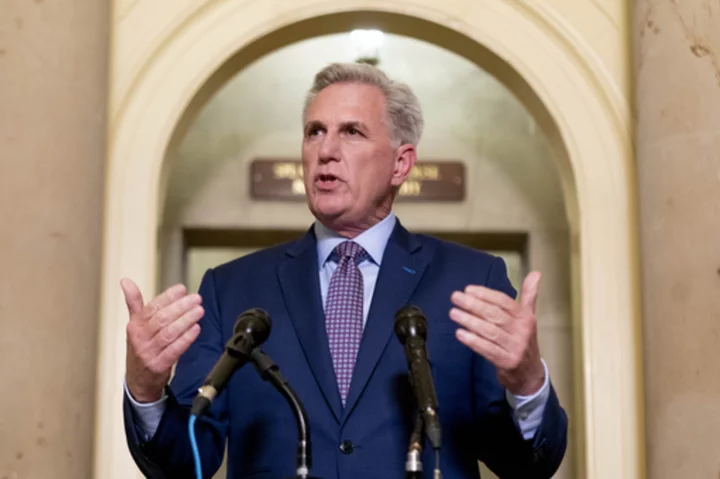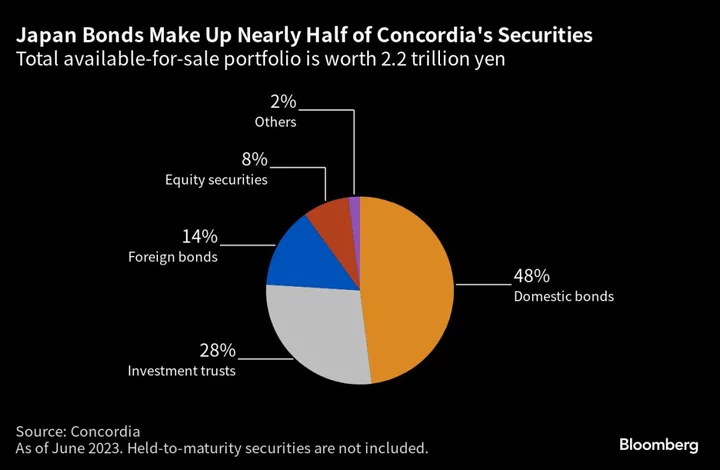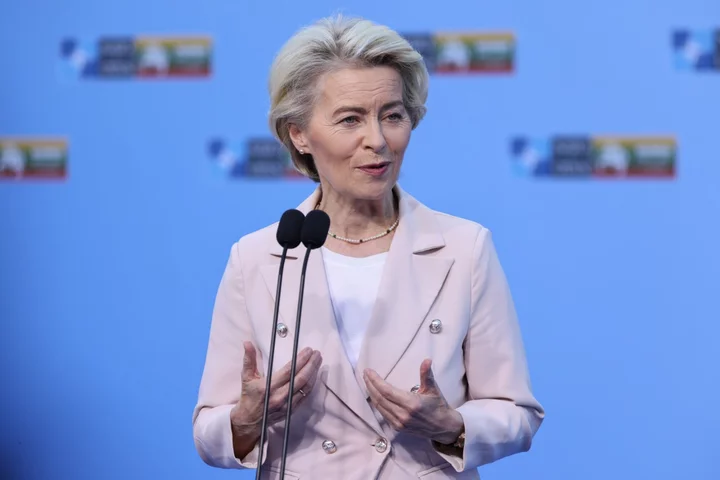The UK and Switzerland are kicking off negotiations for a new free trade agreement to boost the exchange of services between the two countries post-Brexit.
Trade Secretary Kemi Badenoch on Monday will fly to the Swiss capital, Bern, for a meeting with her counterpart, Federal Councilor Guy Parmelin, according to a statement on Monday from the Department for Business and Trade. The formal negotiations will start next week.
Switzerland is the UK’s 10th biggest commercial partner, with bilateral trade totaling about £53 billion ($66 billion) a year.
The two countries’ existing deal rolled over from when Britain was in the EU predates the home computer and the internet, according to the department. The prize for negotiators is a new agreement that reduces barriers to trade between the two services “superpowers” in areas like finance, legal and professional services, and architecture, it said.
“The UK and Switzerland are natural trading partners and today’s launch will play to our strengths as services superpowers, while also boosting investment in emerging technologies, data innovation, and digital trade,” Badenoch said in the statement.
Negotiators also aim to make business travel easier between the two nations, to help companies in sectors like technology and life sciences share expertise. Another aim is to cut remaining tariffs on UK exports such as red meat, chocolate and baked goods. Switzerland imports over £5.5 billion a year of foodstuffs under product lines where tariffs still apply for the UK.
The UK government has presented signing new trade deals as one of the great benefits of Brexit. Earlier this year, Britain struck a deal to join an 11-nation Indo-Pacific free-trade bloc which includes Australia, Japan and Canada — a pact that Rishi Sunak’s government believes will boost economic growth and geopolitical relations.
UK to Join Indo-Pacific Trade Bloc in Major Post-Brexit Pact
But there’s also a long way to go to reverse the economic impact of a steep decline in trade with the EU, Britain’s biggest partner, since its exit three years ago. The UK’s independent budget watchdog recently estimated that Brexit likely reduced economic output by 4%.









